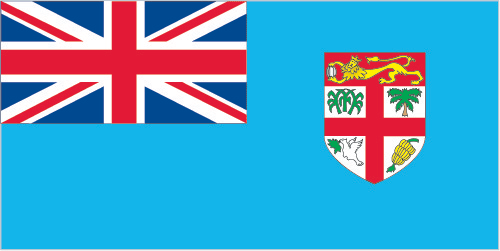Visas & travel permits
You'll need to have an onward ticket and a passport valid for at least three months longer than your intended stay to get a visa. A free tourist visa for four months is granted on arrival to citizens of more than 100 countries, including: most countries belonging to the British Commonwealth, North America, much of South America and Western Europe, India, Indonesia, Israel, Japan, Mexico, Philippines, Russia, Samoa, Solomon Islands, South Korea, Tonga, Tuvalu, Vanuatu and many others. (Check www.fiji.gov.fj/publish/fiji_faqs.shtml for a full list.)
Nationals from countries excluded from the list will have to apply for visas through a Fijian embassy prior to arrival.
Those entering Fiji by boat are subject to the same visa requirements as those arriving by plane. Yachts can only enter through the designated ports of Suva, Lautoka, Savusavu and Levuka. Yachts have to be cleared by immigration and customs, and are prohibited from visiting any outer islands before doing so. Yachties need to apply to the Ministry for Fijian Affairs (www.fiji.gov.fj/publish/m_fijian_affairs.shtml) for special written authorisation to visit the Lau Group.
Visitors cannot partake in political activity or study, and work permits are needed if you intend to live and work in Fiji for more than six months. Foreign journalists will require a work visa if they spend more than 14 days in Fiji.
Visa extensions
Tourist visas can be extended for up to six months by applying through the Immigration Department (331 2672; Government Bldg, Suva). You'll need to show an onward ticket, proof of sufficient funds and your passport must be valid for three months after your proposed departure.
